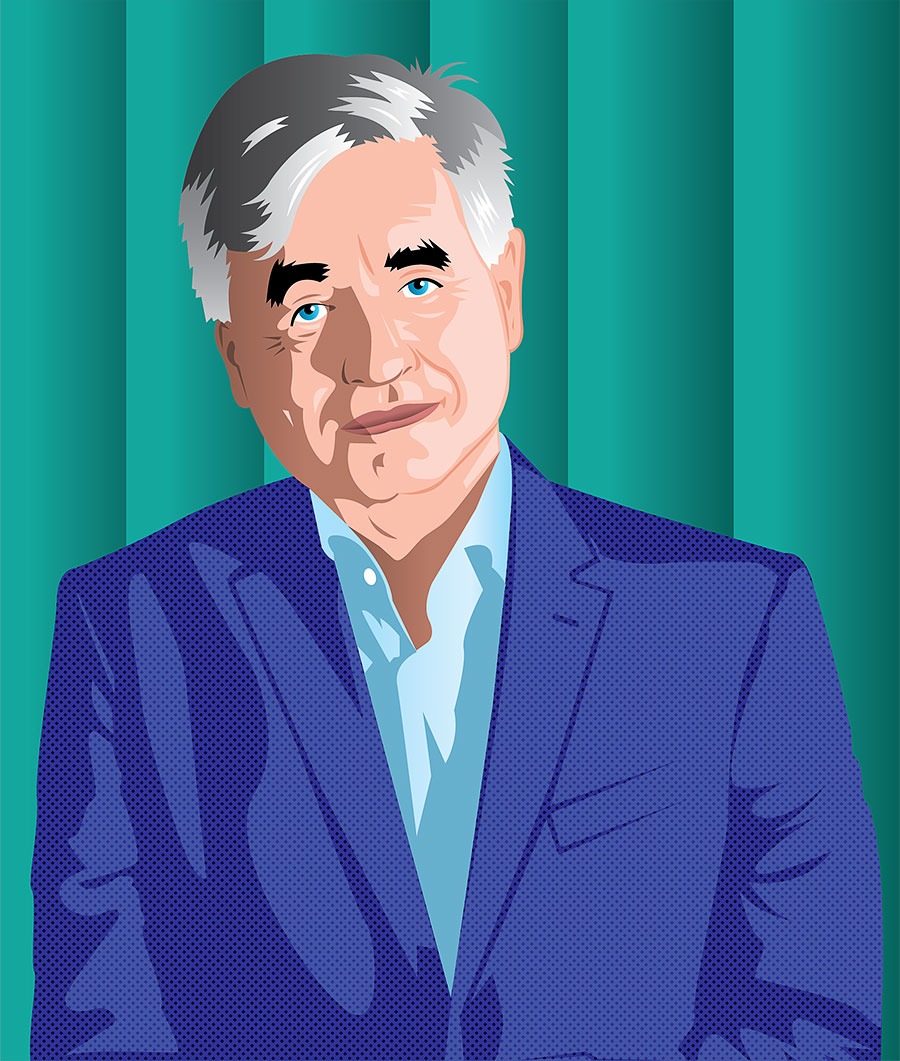■ I grew up loving basketball more than anything. A big part of my formative experience was playing on my high school team, which was overwhelmingly Black players. The neighborhood I lived in was rightfully considered quite redneck, so I felt like I lived in two different worlds. I think that tension pushed me toward a heightened awareness of race for a white kid. But it wasn’t until I made No Crossover: The Trial of Allen Iverson that I fully understood that a deeper motivation for my wanting to do Hoop Dreams was because, for all my experiences with Black players as teammates, I really didn’t know these guys that well. I had little sense of their home lives and aspirations. Hoop Dreams became a way to understand something deeper about their lives through telling the stories of William and Arthur.
■ If not for Roger Ebert and Gene Siskel, Hoop Dreams could very well have come and gone and gotten no distribution. There were distributors who loved it but were like, “It’s a three-hour documentary about kids playing basketball.” Siskel and Ebert gave them the confidence to say, “Maybe this thing can work.” Hoop Dreams exceeded my wildest expectations, and it gave me a career. But I had to make my peace with the fact that I would probably never make another film again that anyone would see in the same way.
■ If you have someone over for a first date, you’re going to cook your signature dish, pick your best outfit, make sure everything is cleaned up. And that’s the way subjects are sometimes, because they want to impress us. My goal — and this is one of the reasons we spend so much time with them — is to get to the point where they don’t give a shit anymore, where they just be themselves. And that’s where real things happen.
■ One of the ways I build relationships is through humor, even in the most serious situations. It’s a key part of my arsenal — being willing to poke fun at myself. Because people not only have to want to be in your film, they have to enjoy being around you. It’s one of the reasons I make sure there are no assholes on the crews I work with.
■ Part of my process has always been to show the films to the primary subjects before they’re done, but with the understanding that I’m not handing over editorial control. I’m very clear about that. What I am saying to them is that I care very much about what they think of their portrayal in this film, and if they feel like I’ve got something wrong or it’s unfair, then tell me and let’s talk about it. I have changed things as a result of that. Sometimes, the process can be demanding and exhausting, but I’ve never seriously doubted that’s the right way to go about it.
■ I love every aspect of filmmaking. I love this feeling of living inside the world of the subjects we’re following. When you come through that process with people you’ve gotten to know in a very deep way, there’s something really wonderful about that. The film becomes this statement of why their lives matter in a way that wasn’t as clear to them before.
■ I don’t think of myself as an artist at all. I don’t feel comfortable with the pretensions. But I come by my humility honestly. It’s not an act, and I’m plenty insecure. No matter how many successful films I’ve done, I don’t feel like I really know anything.




